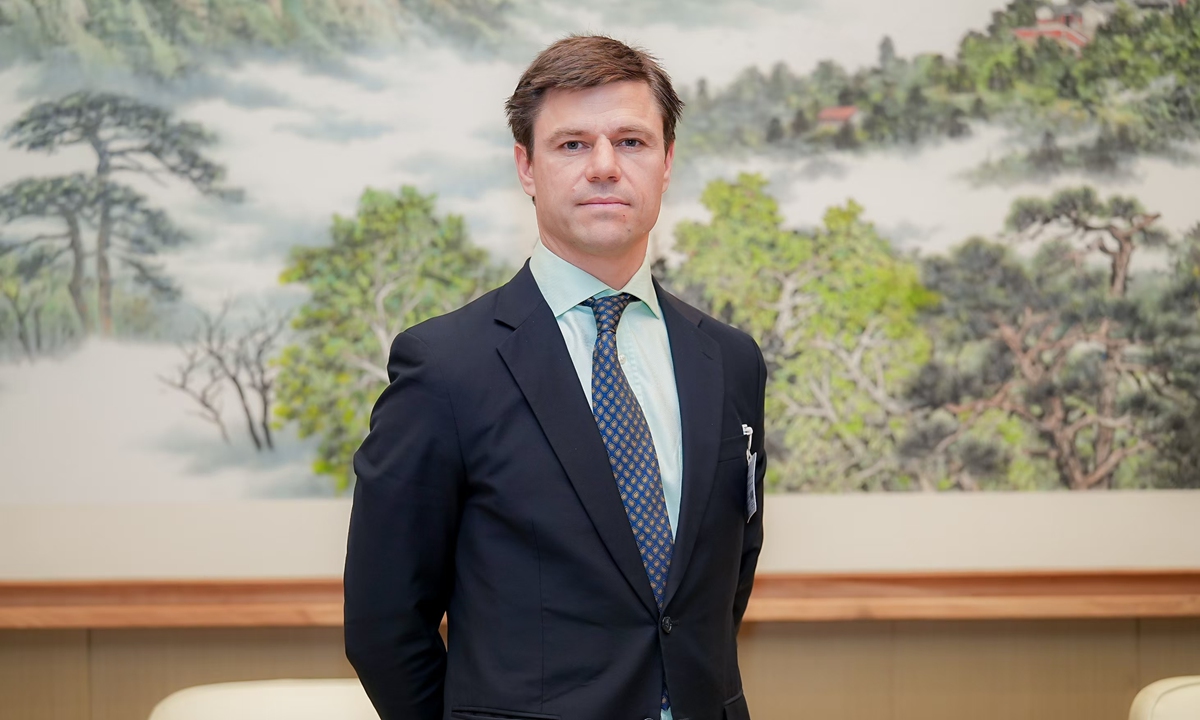Restructuring at Beijing Yitang Semiconductor: Growth & Risk

The recent management restructuring at Beijing Yitang Semiconductor Technology Co., Ltd. represents a significant re-evaluation of leadership dynamics within this key player in the semiconductor industry. Such strategic changes often reflect an underlying necessity to adapt to the rapidly evolving technological landscape, particularly in a sector like semiconductors, which is critical for various sectors including automotive, consumer electronics, and data centers. The departure of seasoned executives Such as Subhash Deshmukh and Schubert S. Chu from their vice presidential roles might indicate a shift towards a more innovative and agile operational philosophy, likely aimed at promoting younger leadership or refreshing the management approach amid heightened global competition. The company’s decision to bolster its R&D personnel, growing from 247 in 2022 to 349 by 2024, is a clear indicator of its commitment to enhancing its innovation capabilities. This increase, representing nearly a 41% growth in R&D staff, underlines an understanding that investment in research and development is essential not only for product differentiation but also for maintaining competitive advantages in areas such as semiconductor fabrication and technology integration. As of 2023, R&D personnel constitute 26.57% of total employees, which is set to escalate to 29.28% in the next year, reinforcing the notion that Yitang Semiconductor is placing substantial emphasis on innovation as a driver for future growth. This investment is timely, particularly as global semiconductor demand is expected to surge, further accelerated by advancements in artificial intelligence and the growing Internet of Things.
However, the management transitions raise several pertinent questions about operational stability and potential disruptions. While the company assures stakeholders that daily operations will remain unaffected, the dependency on new and existing leadership during this transition period could pose risks. Despite the company’s statement that specific individuals are not vital to R&D efforts, such transitions can lead to unforeseen challenges, particularly in collaboration and knowledge transfer within an R&D-heavy environment. The semiconductor industry, akin to the dynamics seen during the 2008 financial crisis where operational efficiencies were paramount, must navigate the complexities of human capital influence on innovation output. In a field where intellectual property is king, any shifts in personnel or strategic direction at this juncture demand careful oversight to safeguard the company’s technological edge. Intellectual property concerns also loom large; if disputes arise concerning the contributions or proprietary knowledge of the newly appointed or existing technical personnel, it could jeopardize the firm’s competitive standing. This area must be monitored closely, as unexpected claims could stir market volatility or enforcement actions that affect investor confidence.
In conclusion, the corporate restructuring at Beijing Yitang Semiconductor signifies a transformative opportunity, albeit one laden with potential risks that stakeholders must navigate cautiously. The increase in R&D personnel presents an excellent foundation for future growth and innovation, essential for capitalizing on burgeoning market opportunities. Nevertheless, it is crucial for investors and regulators alike to consider the implications of leadership changes on the company's strategic efforts. Will this restructuring yield the anticipated innovations that can help Beijing Yitang maintain its trajectory within the global semiconductor supply chain? As such, vigilance will be the watchword for stakeholders as they assess not only the immediate outcomes of these managerial shifts but also how they position the company in the unfolding technological race.
Read These Next

Quantum Supremacy: What's Next for Quantum Computing?
IonQ CEO Niccolo de Masi indicates that quantum supremacy is approaching, highlighting significant advancements in quantum computing and its potential impacts on various sectors, particularly healthcare. As big tech and the U.S. government invest heavily in this technology, the competitive landscape intensifies, raising questions about practicality versus hype. Comparisons to past technological eras suggest a cautious approach to investing in quantum initiatives, urging consideration of both opportunities and risks.

Portugal China Chamber Urges EU to Strengthen China Relations
Portugal-China Chamber of Commerce urges deeper EU-China ties amid global trade uncertainties and US tariff policies.

Shengke Communications Big Fund to Cut Shares by 3 Percent
On July 25, Shengke Communications plans to reduce 12.3 million shares, approximately 3% of total capital, which may affect the stock price.
